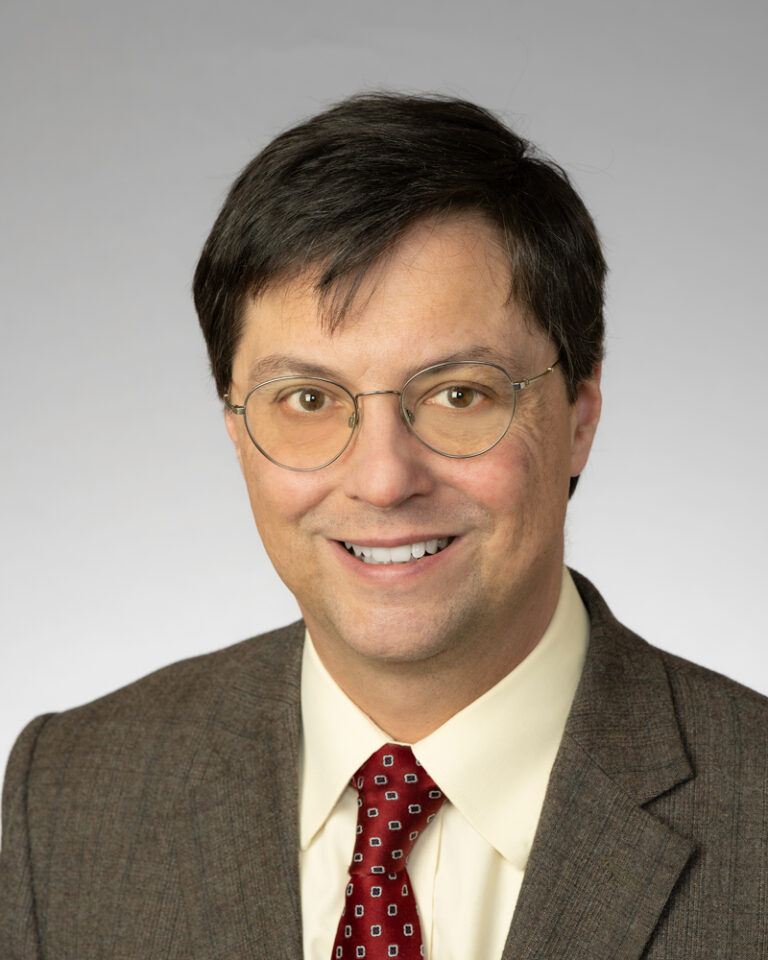Giving Fuels Innovation in Cancer Therapies
By: Mark Nootbaar
Drug therapies tend to lose their efficacy eventually when it comes to fighting cancer, and it takes continued research to find new treatments. To continue groundbreaking research, our scientists and clinicians rely on philanthropic gifts from individual donors to help fund novel discoveries.
“For some patients, their initial response to a given drug is quite impressive, but then, almost always, the cancer becomes resistant, and we have to move on to the next treatment,” said Dr. Leonard Appleman, associate professor of medicine and director of the Genitourinary Cancer Disease Center. “We don’t understand why, even for those drugs that have been around since the 1970s.”
Dr. Appleman’s clinical practice and research program are focused on genitourinary malignancies, including bladder, kidney, prostate, and testis cancer. His team often works with pharmaceutical companies to test the next generation of cancer drugs and has obtained several National Institutes of Health grants to study therapies. However, some of the work that will have the most significant impact on future treatments does not attract funding from primary sources and instead relies on individual giving.
“These gifts from donors like grateful patients and their families and community partners support young researchers working on ideas no one else has even considered. They are high-risk endeavors and often fail, but when they succeed, they can change the way we treat cancer,” Dr. Appleman said. “Even when the concepts do not pan out, we often learn more in that failure than we do in trials of medicines that we already have a good idea will work. These endeavors are big-impact work.”
Dr. Appleman and his team benefit from the synergies created by having researchers and clinicians co-located in UPMC Hillman Cancer Center—including cancer pharmacologists, which are rare among cancer centers nationwide. Researchers can work in near-real time with biopsies and blood samples from the clinic to begin to understand why patients react differently to the same treatment.
“We are trying to build more collaborations with basic scientists through translational studies using specimens obtained from patients who are either having great results with a drug therapy or are experiencing the opposite,” Dr. Appleman said. “To make this a reality, we need to have more funding—at any amount—from generous donors.”
